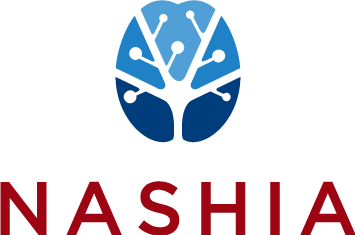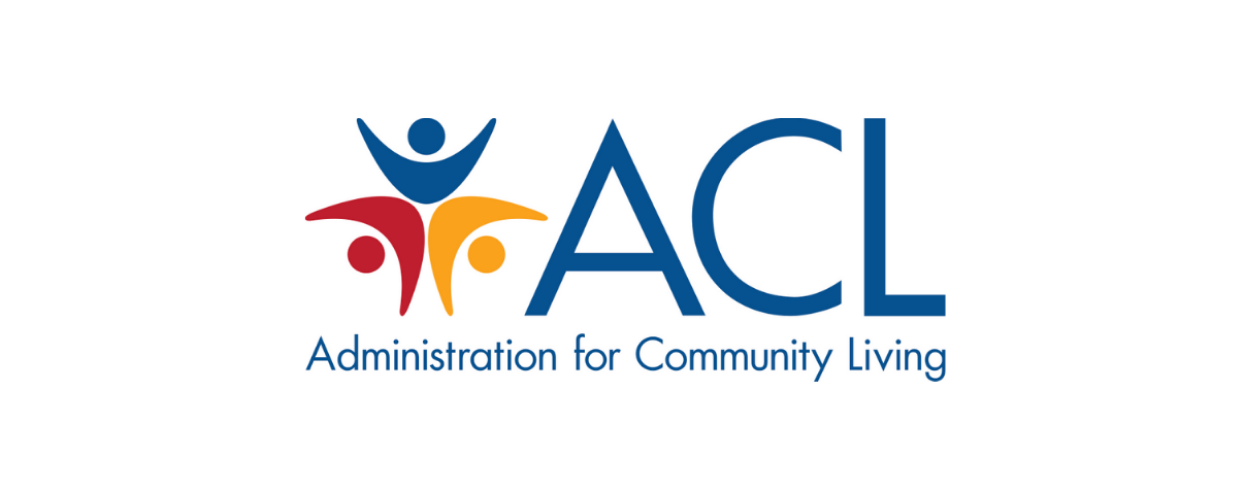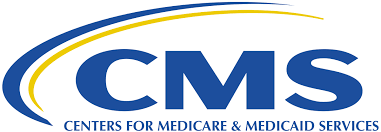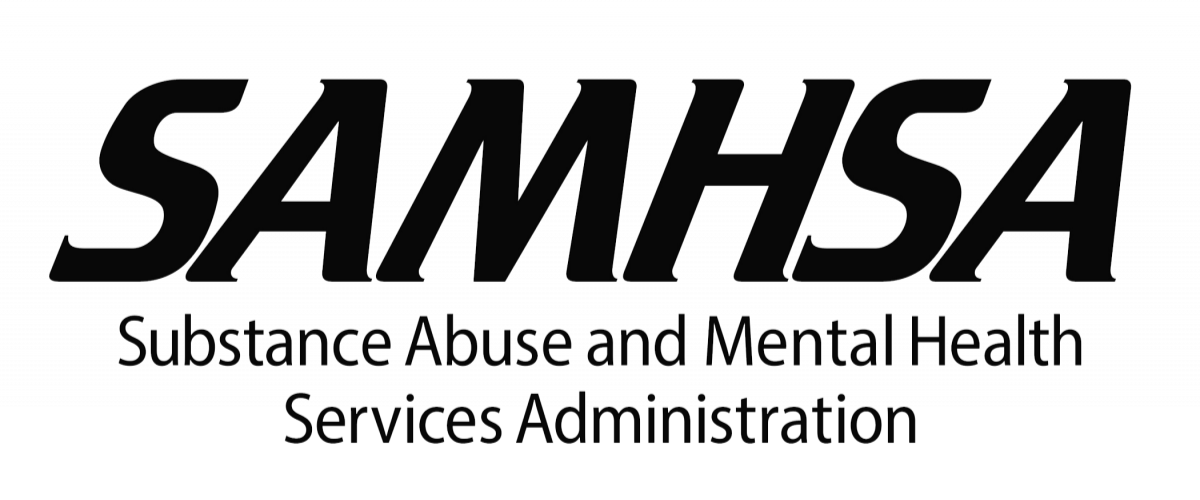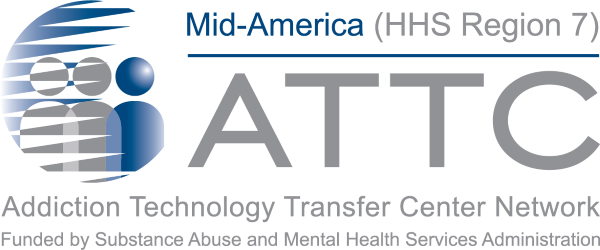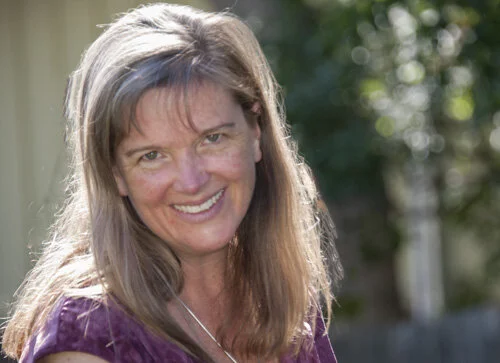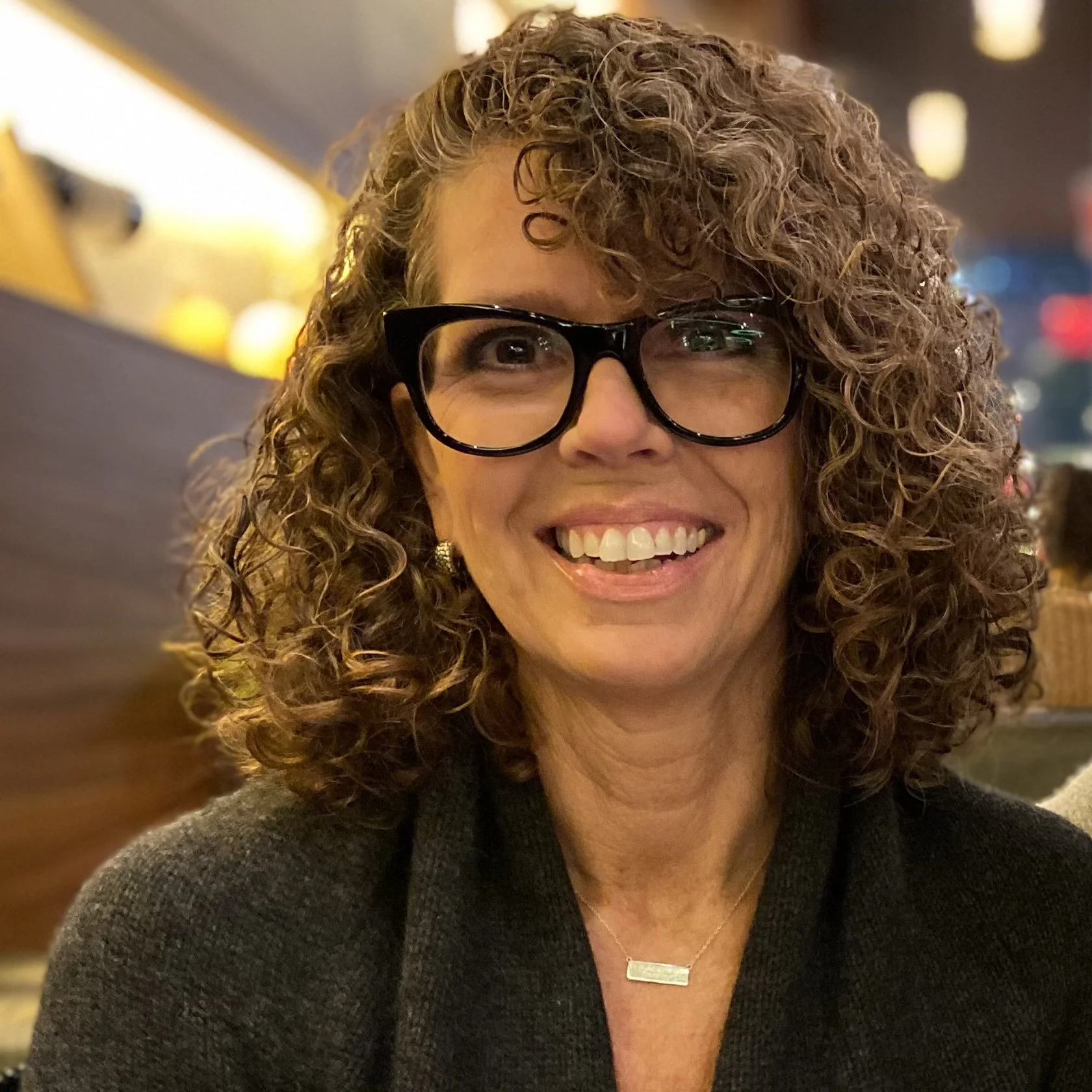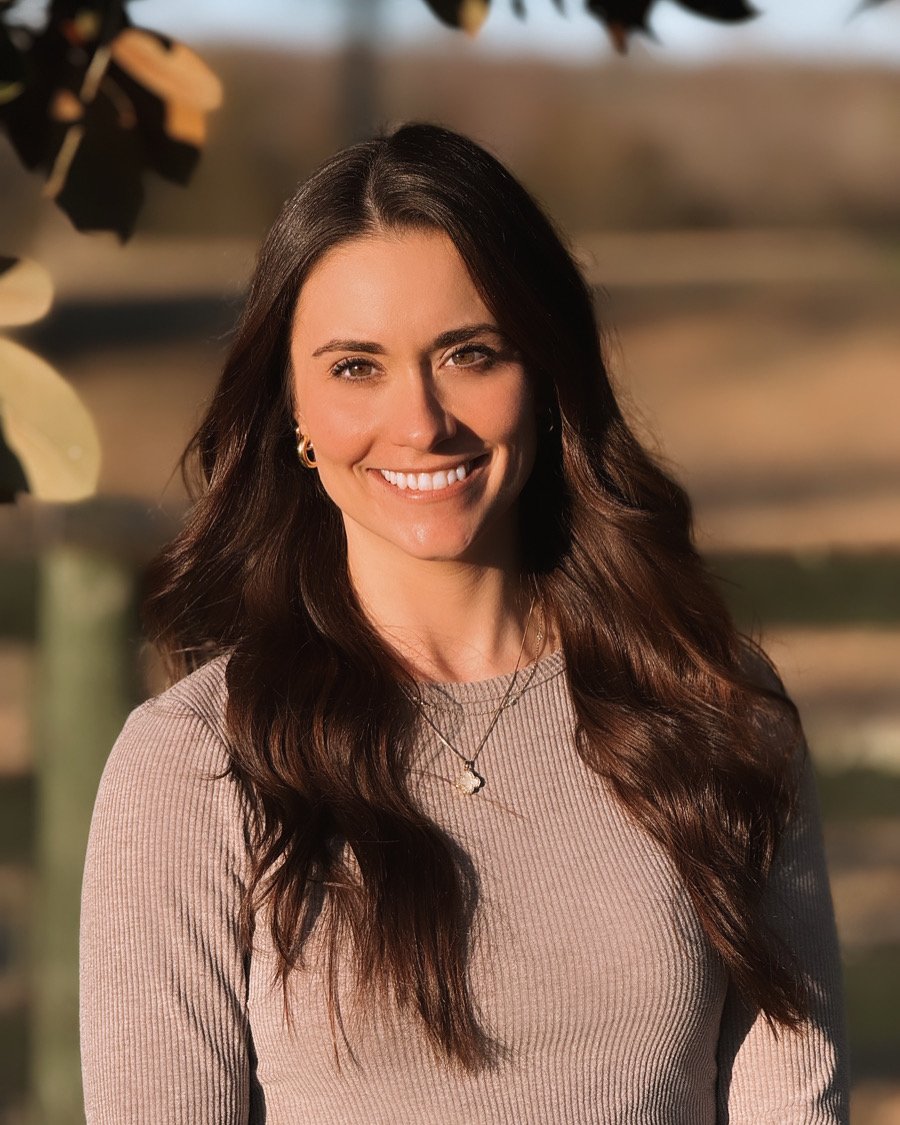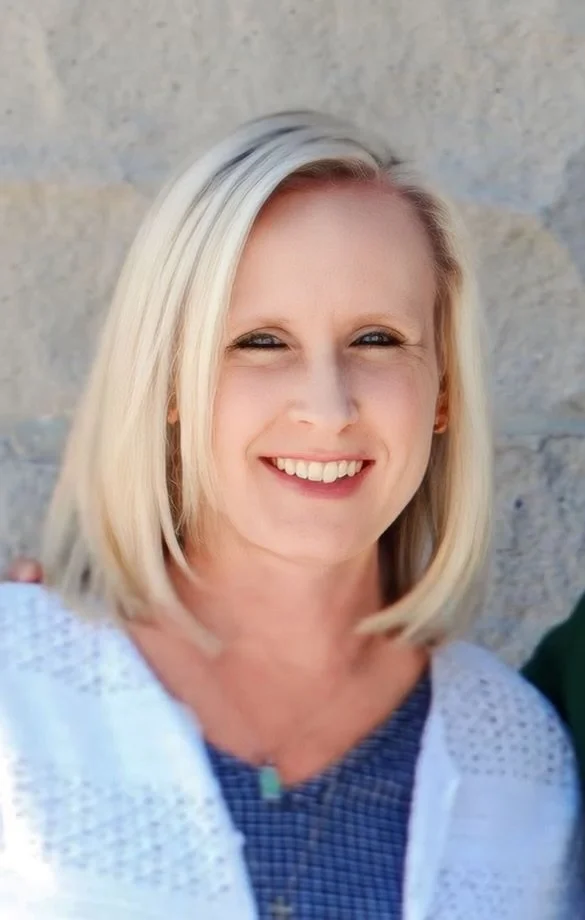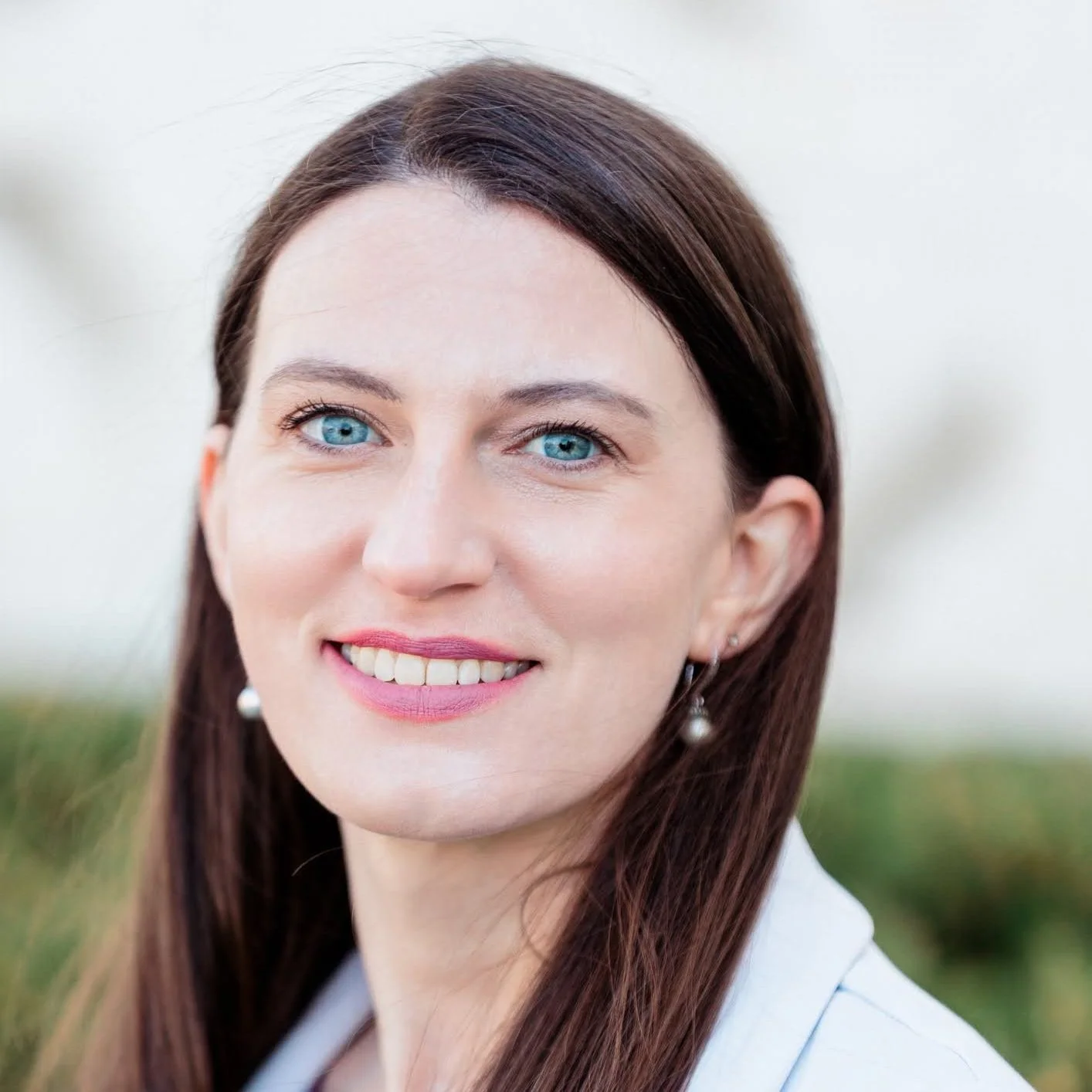
Technical Assistance and Consultative Services
NASHIA offers a comprehensive list of consultation services for state governments and their partner organizations. Our team understands the specific needs of state governments and nuances associated with building service delivery systems and capacity for individuals with brain injuries, and their support systems.
Allow us to help your state create sustainable systems of care that are comprehensive, respect differences in customs and traditions, survivor-centered, and encompass individuals with TBI and family members.
Specific areas of support include:
Advisory Board Development, Training and Sustainability
To ensure the best use of resource allocation, states create Brain Injury Advisory Boards/Councils, made up of a wide ranging group of brain injury stakeholders, including individuals living with brain injury. These Boards guide and influence state activities that support individuals living with brain injury.
NASHIA provides the following to state Brain Injury Advisory Boards:
Professional development and training sessions on various topics (Including promoting education and awareness; Survivor-Oriented Thinking; and Special Populations)
Creation of Orientation Guides and Toolkits
Sustainability Planning
Participation of Individuals and Families living with brain injury
Brain Injury Speakers Bureau
NASHIA can assist with your conference or training program by providing national experts to present on the topic of your choice.
Data Collection & Registry Creation
Whether your state has a registry that collects data related to brain injury incidence and resources provided, you are working to create a registry in your state or exploring additional data collection options, NASHIA can provide consultation and support to ensure that your efforts to collect vital data are consistent with and relevant to national trends.
Dedicated State Funding
Multiple funding streams are necessary to support comprehensive systems of care for individuals living with brain injury. Dedicated state funding is a lifeline to ensure consistent state government infrastructure. Our team can assist with consultation and training to effectively approach state legislatures with requesting the creation of dedicated funding for your brain injury program.
Facilitation of Workshops and Summits
NASHIA is experienced at coordinating summits and workshops that concentrate on specific populations or topics related to brain injury. Our team can arrange for speakers, facilitate discussion and develop findings, reports and coordination of follow up activities.
Interagency Coordination and Partnership
Individuals with brain injury are served by multiple state agencies. Our experts can assist with creation of cross-agency education and partnerships to integrate brain injury awareness and identification practices into other programs. Examples can include: Aging; Behavioral Health; Criminal Justice; Housing; Education; Intimate Partner Violence; Medicaid; Veterans; and Vocational Rehabilitation.
National Trends and Best Practices
NASHIA remains current on national trends and best practices related to creation of state service delivery systems that support individuals with brain injury. NASHIA provides educational sessions and develops reports that highlight specific trends, populations and integration of promising practices.
Survivor-Oriented Thinking & Planning
As state systems continue to adopt practices that are rooted in person-first approaches, NASHIA provides consultation and training targeted towards various audiences that teach survivor-oriented practices for individuals living with brain injury.
Program Evaluation and Service Coordination
For over 20 years, NASHIA has provided consultation to states, related to assessment and evaluation of current systems, as well as recommendations for coordinated service delivery and resource referral.
Public Policy
One of NASHIA’s strengths is our understanding of state and federal policy making. NASHIA enjoys providing trainings and seminars on effective methods to educate and promote change, as well as assisting state programs with identification of state resources that could be secured through policy change, such as data registries and trust funds.
Resource Development
NASHIA routinely assists with resource creation and product development. Our experts understand the varied approaches to service delivery that states have taken and compile reports that outline these unique practices. We are adept at developing guides that articulate best practices for state actions that support individuals living with brain injury. We are also happy to assist with graphic design and professional editing of current resources.
State Plan Development and Assessment
State brain injury plans provide a roadmap for state governments to coordinate service delivery systems for individuals with brain injury. Our team assists with creation, assessment/evaluation, enhancement and revisions to state brain injury plans.
Our Experts
John D. Corrigan, PhD
John D. Corrigan, PhD, is a Professor in the Department of Physical Medicine and Rehabilitation at Ohio State University and Director of the Ohio Valley Center for Brain Injury Prevention and Rehabilitation. He is Editor-in-Chief of the Journal of Head Trauma Rehabilitation.
Seija Curtin, MA, LPC, CBIS
Seija Curtin, MA, LPC, CBIS specializes in peer mentorship and provides consultation to states and organizations interested in building and expanding peer support programs.
Anastasia Edmonston, MS, CRC
With more than 30 years of experience in the field of rehabilitation services for individuals with traumatic and acquired brain injuries, Anastasia has worked as a clinician, program coordinator, vocational rehabilitation counselor and federal grant coordinator.
Amy Flaherty, BA, MA
Amy Flaherty has built a career in public service first in Medicaid policy, followed by nearly 20 years in public health building and implementing programs targeting special populations traditionally lacking sufficient services. Amy has extensive experience building, implementing, and evaluating brain injury programs.
Summer Gathercole
Despite graduating with a degree in accounting and attaining her CPA license, Summer Gathercole heard a calling to join the nonprofit sector, and began working full-time directly with unemployed and underemployed to prepare them to (re)enter the workforce. She has founded and launched a nonprofit organization, served at the “state” Secretary of Labor for Washington, DC, and consulted to organizations of all sizes across the U.S.
Megan Magalhaes, MS
With a passion for helping individuals with neurological challenges, Megan Magalhaesworked as a neurofeedback technician and brain coach, specializing in assisting individuals suffering from traumatic brain injuries (TBI). For the past four years, she has been a dedicated probation officer at the Virginia Department of Corrections.
Karen McAvoy, PsyD
Karen McAvoy, PsyD is dually credentialed as a clinical and school psychologist. She practiced as a Pediatric Psychologist at Seattle and Denver Children’s Hospitals and as the Director of the Center for Concussion with Rocky Mountain Hospital for Children.
Erika Robbins, MA, PMP
Erika Robbins, MA, PMP, is a small business owner and has spent time across her career as a director, policy analyst, quality assurance manager, case manager, vocational specialist, and direct service worker.
Caitlin Synovec, OTD, OTR/L, BCMH
Caitlin Synovec, OTD, OTR/L is an occupational therapist providing consultative services to national and state organizations. She has clinical experience in working with adults experiencing homelessness to improve quality of life and engagement in their preferred communities. She has studied and developed clinical and program resources to address the interconnection of homelessness, poverty, traumatic brain injury and behavioral health, and their impact on health and community living.
Amanda Tower, BA
Amanda Tower (she/her) brings over a decade of experience working in the public and non-profit sectors. Throughout her career, Amanda has brought a passion for education and a dedication to bringing together a wide range of partners to promote positive change in communities. Amanda received a B.A. from Salem State University for Education and Political Science. When Amanda is not working, she is enjoying a good book or the great outdoors.
